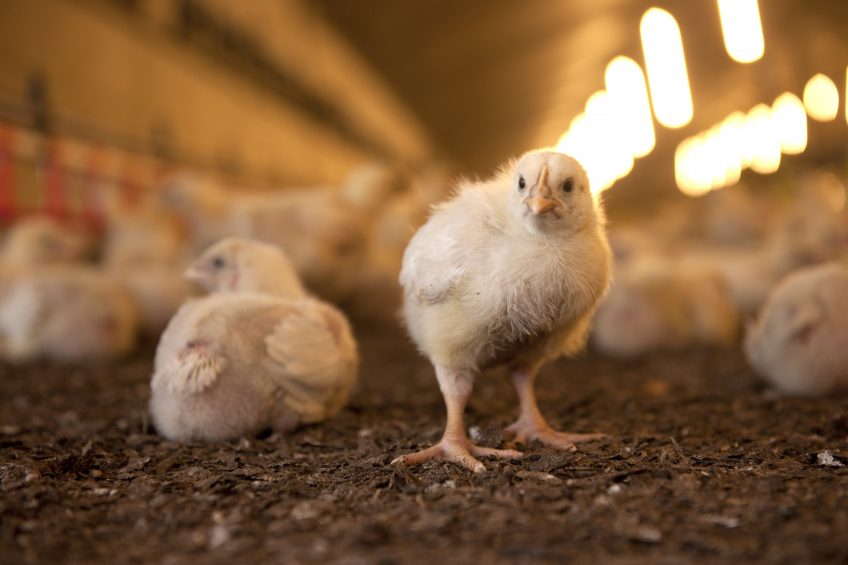Formaldehyde denial: Loss of a vital preventive measure

The EU recently passed a denial of authorisation for formaldehyde in animal feed, but formaldehyde is a vital measure for the prevention of Salmonella.
The EU decision represented the culmination of over 3 years of mismanagement of the file, resulting in the removal of the best means of destroying Salmonella in animal feed in the European market. The manner in which the decision was made should raise concern for all EU producers and consumers.
Positive EFSA opinion in 2014
Farmers operating layer and broiler flocks around the world know about the precautions they must take against Salmonella entering the food chain, with feed being a common point of entry. Formaldehyde is a vital measure for prevention. As a widely used chemical risks are well-known, and it has been thoroughly researched by a variety of regulatory agencies, including the European Food Safety Agency (EFSA), who gave a positive opinion on its use in animal feed in 2014. With the validation from regulatory bodies, endorsement from farming communities and demonstrated public health benefits, a standard ten-year renewal for formaldehyde was advanced by the Commission in 2014. However, an insufficient number of member states supported the proposal to reach the pass threshold. Successive compromise proposals, first a 5-year renewal, then 3 years, were narrowly rejected. The voting record shows that, as recently as 12 months ago, 21 member states accounting for over 60% of the EU population supported re-approval.
Check out the interactive Poultry Health Tool – with the latest insights on the 40+ most common poultry diseases.
Concerns about worker safety
Continued failure to achieve consensus, however, led the Commission to make an extraordinary move. Contrary to all precedent in EU regulatory precedent, the Commission reversed its proposal, issuing a denial of authorisation for formaldehyde. The justification for this action was not the production of any new scientific evidence (there was none), but rather concerns about worker safety. This issue was raised despite the fact that the Commission’s own body for analysing the safety of workers using chemicals (SCOEL) had set safe exposure limits for workers using the compound. Safe exposure limits for formaldehyde are included in the revised EU Carcinogens and Mutagens Directive, the applicable legislation which determines the safety of chemicals in the workplace.
EU member states flip-flopped
As though swimming against the tide of its own departments and directives was not enough, the Commission ignored the results of its own public consultation on formaldehyde in animal feed. The report received almost 100 submissions from scientists and farmers who use formaldehyde. Their feedback was a testament to the usefulness and safety of formaldehyde, and referenced the extensive scientific literature that supported the contention. This public consultation closed the day before Commission voted to deny the authorisation of formaldehyde. Just as it ignored the scientific evidence in proposing the denial of authorisation, so too did the Commission ignore its own consultation. Instead, member states flip-flopped: having supported reauthorisation less than a year before, the vast majority now voted in favour of the denial, in order to clear the controversial file from their desks.
Also read: EU salmonella spike caused by egg contamination
Science has become a secondary consideration
Europe has lost a vital component in the fight against Salmonella at a time when rates of infection are rising for the first time in a decade and poultry producers will be asked to continue to protect the food chain but with less effective control measures. The denial of authorisation has been passed as an ‘Implementing Regulation’ that will come into force 20 days after it is entered into the Official Journal of the EU. There is no indication when this will occur, but what is clear is that formaldehyde in animal feed has fallen victim to new, politicised EU decision-making in which science has become a secondary consideration. It is unlikely to be the last illogical ruling to the detriment of consumers and producers.
Join 31,000+ subscribers
Subscribe to our newsletter to stay updated about all the need-to-know content in the poultry sector, three times a week. Beheer
Beheer











 WP Admin
WP Admin  Bewerk bericht
Bewerk bericht